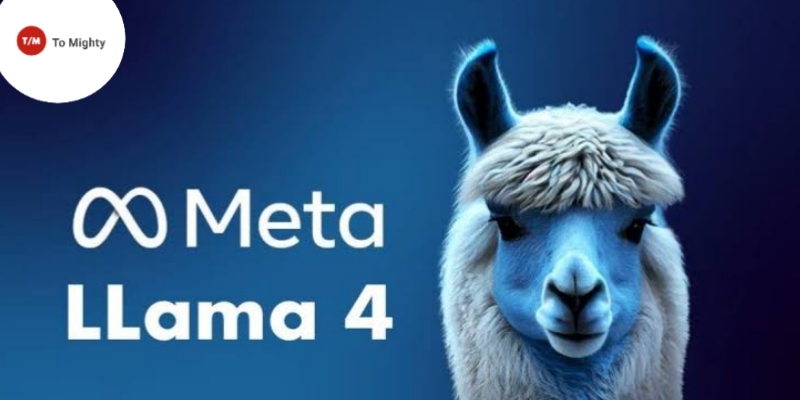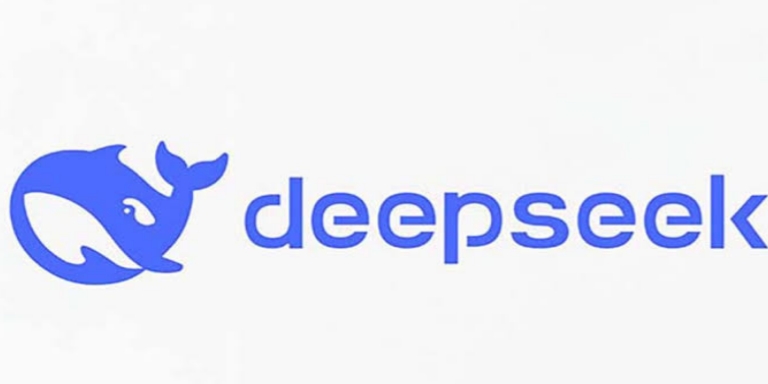Meta, formerly Facebook, has been making headlines once again with the release of Llama 4—its most advanced AI model to date. The buzz around Llama 4 is more than just hype. It’s quickly being seen as a major leap in the world of artificial intelligence. Whether you’re someone who works in tech, writes content, builds apps, or just scrolls your feed for news, you’ve probably noticed people bringing up Llama 4. But what is it? And why is it being discussed as a turning point for how AI might work in the near future?
Built to Perform with More Precision and Context
One of the main reasons Llama 4 is standing out is its ability to handle larger context windows. That means it remembers more of what you say and respond accordingly without losing the flow of conversation. Compared to previous versions, this update allows smoother and smarter replies. Developers especially are noticing how Llama 4 now provides better results for long-form queries, writing assistance, code completion, and language translation.
Llama 4 doesn’t just throw better words at you—it understands what’s happening in a deeper way. For people building AI tools or relying on AI for their jobs, that means fewer errors and better suggestions.
A Major Shift from Llama 2 and Llama 3
Meta’s previous models—Llama 2 and Llama 3—were decent at understanding queries, but they lacked polish in giving refined responses. Llama 4 fills that gap by being much more coherent, especially in technical tasks. Whether it’s summarizing articles, handling complex instructions, or even simulating conversation in a chatbot, Llama 4 has shown major improvement.
Meta has also trained Llama 4 with more data—sourced from a broader range of publicly available datasets—which means the model has more understanding of recent trends, culture, and updated information.
Free and Open for Developers to Build With
Another reason for the excitement is Meta’s decision to make the model available for public and commercial use. That means anyone—freelancers, small companies, or startups—can start building their own AI-powered tools using Llama 4.
In a world where most powerful AI tools are hidden behind paywalls or limited APIs, Meta giving open access to Llama 4 is being seen as a power move. Developers are already creating apps, writing assistants, and even game characters using it.
Llama 4’s Performance Across Languages
Unlike earlier models that mainly worked well in English, Llama 4 has shown strong performance in many other languages too. That’s important because most of the world doesn’t speak English, and an AI model that can understand and respond accurately in different languages is a big deal.
Llama 4 makes it easier for creators and businesses to build apps that can speak to audiences in Hindi, Spanish, French, and more—without hiring translators or using third-party services.
Safer Responses and Smarter Filters
Meta has worked on alignment for Llama 4, which simply means reducing the chances of the model giving harmful, biased, or offensive replies. In previous versions, one of the common complaints was that responses could be unpredictable. That made developers nervous about relying on them for customer-facing applications.
With Llama 4, safety has been a priority. Meta claims it has trained the model to better understand what’s appropriate and what’s not. Of course, like all AI tools, it’s not perfect—but it’s a noticeable step forward.
How Llama 4 Is Being Used Right Now
People are already using Llama 4 for various purposes. Writers are using it to get ideas and drafts done quicker. Developers are building tools to help users with customer service chats, product recommendations, and tech troubleshooting. Education platforms are also finding Llama 4 useful in tutoring apps that explain concepts to students in plain language.
And let’s not forget content creation. Llama 4 can generate posts, help edit videos with captions, write product descriptions, and suggest hashtags. In other words, if you’re online and making content, Llama 4 is quietly working behind the scenes.
What It Means for the AI Race
With Google, OpenAI, and Anthropic racing to launch their own models, Meta’s Llama 4 makes it clear that the company wants to be seen as a serious player in this space. This isn’t just about chatbots anymore. This is about how people will search for information, write, shop, learn, and even talk in the future.
The AI race is not just about who builds the smartest robot. It’s about who makes it available, safe, fast, and useful. In that sense, Meta’s move to open Llama 4 to the public could shift the balance.
Integration with Meta’s Platforms
Meta plans to integrate Llama 4 into WhatsApp, Instagram, and Messenger in a way that feels natural. You may soon be chatting with an AI that helps you craft replies, schedule meetings, or find useful links—all without leaving the app. Imagine asking your DM assistant for suggestions or getting help with writing a caption directly within Instagram.
The possibilities are wide open, and Meta seems to be betting big on Llama 4 becoming the core brain behind these features.
A Step Closer to Real-Time Smart AI Assistants
Another area where Llama 4 shines is in building assistants that feel real. Users interacting with it have noted how natural and helpful the replies feel. The model keeps the tone friendly and less robotic, which makes it great for tools that simulate conversations or help people with mental wellness and emotional support apps.
Why You Should Care About Llama 4 Even If You’re Not in Tech
Even if you’re not a developer or tech geek, Llama 4 might soon become part of your digital life. Whether it’s helping you reply to emails, shop online, study, or manage daily tasks, you could be using apps built on Llama 4 without realizing it.
It’s not just another AI tool—it’s shaping up to be the brain behind how we interact with information in 2025.
Bottom Line
Llama 4 Meta AI isn’t just a step forward—it’s more like a leap. From being more accurate and open to safer and multilingual, Llama 4 is setting the tone for how artificial intelligence will show up in your daily life. The fact that Meta is giving open access also means we’ll see a flood of new apps and platforms very soon—many of which could be built by small creators and independent developers.
For more exciting updates on tech and AI breakthroughs, stay connected with To Mighty.
Sheikh Faraz is a talented writer with years of experience in creating content on a variety of topics. From cricket and beauty to fashion, education, and general knowledge, he has a knack for turning complex ideas into simple, easy-to-understand articles. His writing is clear, relatable, and always focused on providing value to his readers.
With a strong passion for storytelling, Sheikh Faraz takes pride in delivering well-researched and engaging content. Whether it’s breaking down the latest cricket match, sharing practical beauty tips, or exploring new fashion trends, his work reflects his dedication to quality and authenticity.




